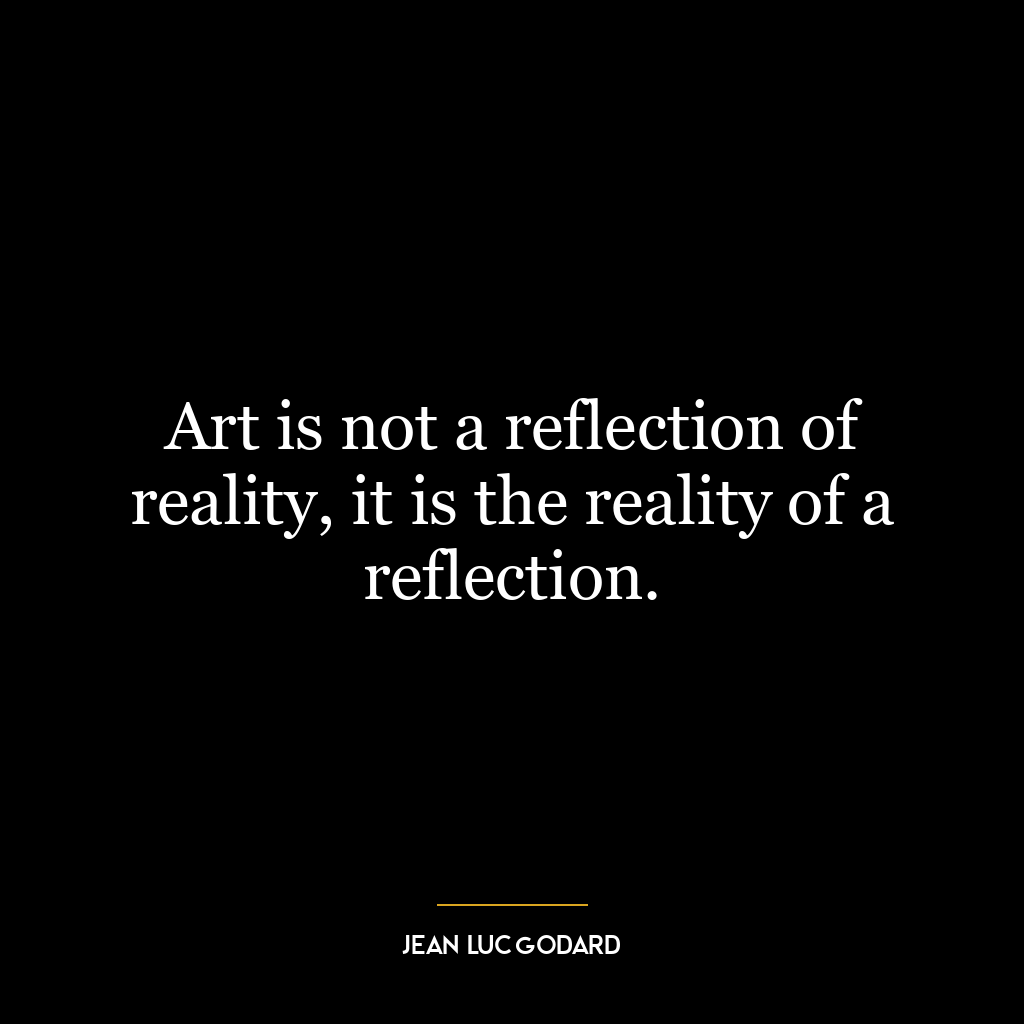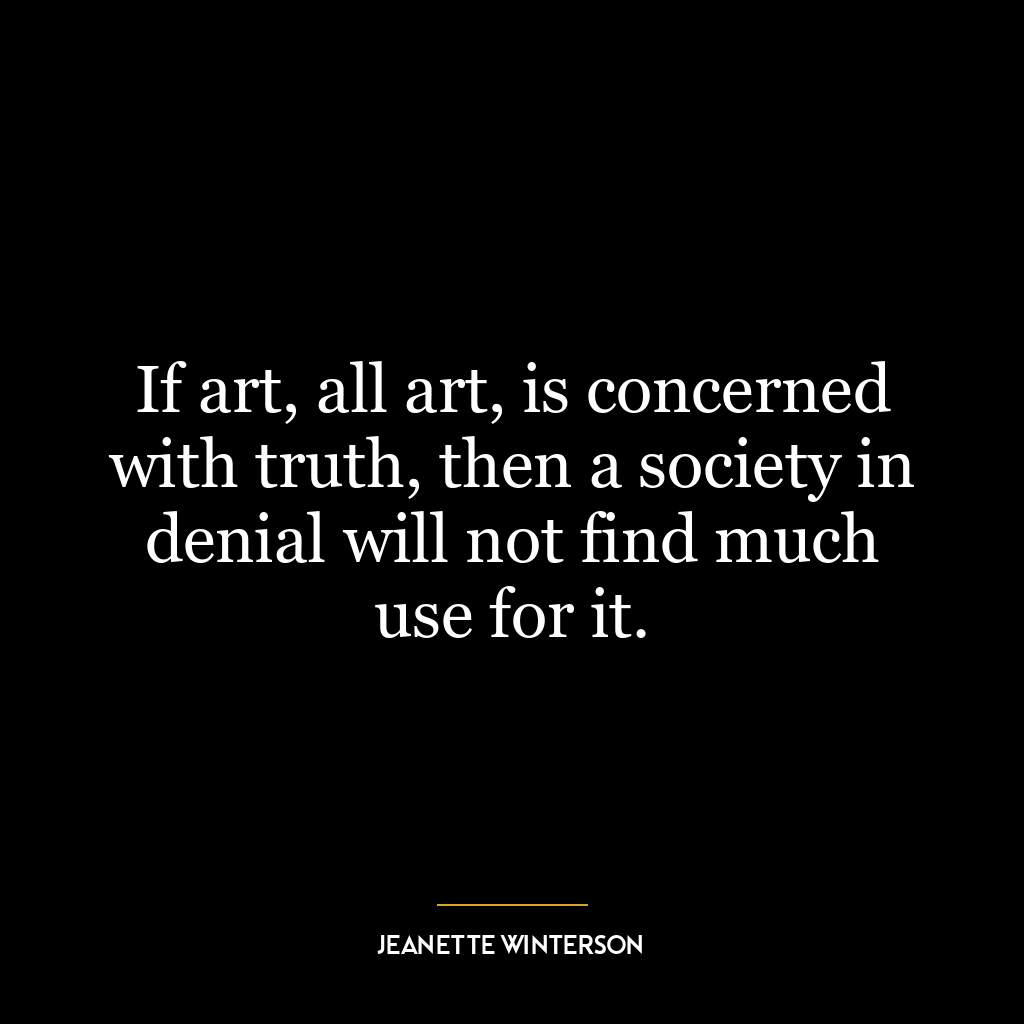Even the atheists, who have pretended to disbelieve in God, have believed in Truth.
This quote suggests that even those who deny the existence of a divine being or higher power still believe in the concept of Truth. In other words, Gandhi is saying that while some people may not see themselves as religious or spiritual, they still hold certain principles to be absolute and unchangeable – such as truth.
The term “Truth” here can be interpreted in various ways. It could mean objective facts or reality as it is, free from personal biases or distortions. Alternatively, it could refer to moral truths – principles of right and wrong which are universally recognized regardless of cultural differences.
In this context, Gandhi seems to imply that belief in Truth is a form of faith itself. While atheists might reject traditional religious beliefs, their commitment to truth indicates an adherence to a certain set of values or principles which govern their actions and thoughts.
Applying this idea in today’s world can take many forms. For instance, it underscores the importance of critical thinking and fact-checking in an era where misinformation and fake news are rampant. Belief in Truth implies a commitment to seeking out reliable information before forming opinions or making decisions.
In terms of personal development, this quote encourages us to stay true to our own values and principles despite external pressures or influences. It reminds us that integrity – staying truthful not just with others but also with ourselves – is crucial for personal growth.
Moreover, understanding that everyone believes in some form of ‘truth’ promotes empathy towards different perspectives. This insight can foster more open-mindedness and respectful dialogues among individuals with differing beliefs whether they’re religious/spiritual debates or discussions on societal issues like politics or ethics.









